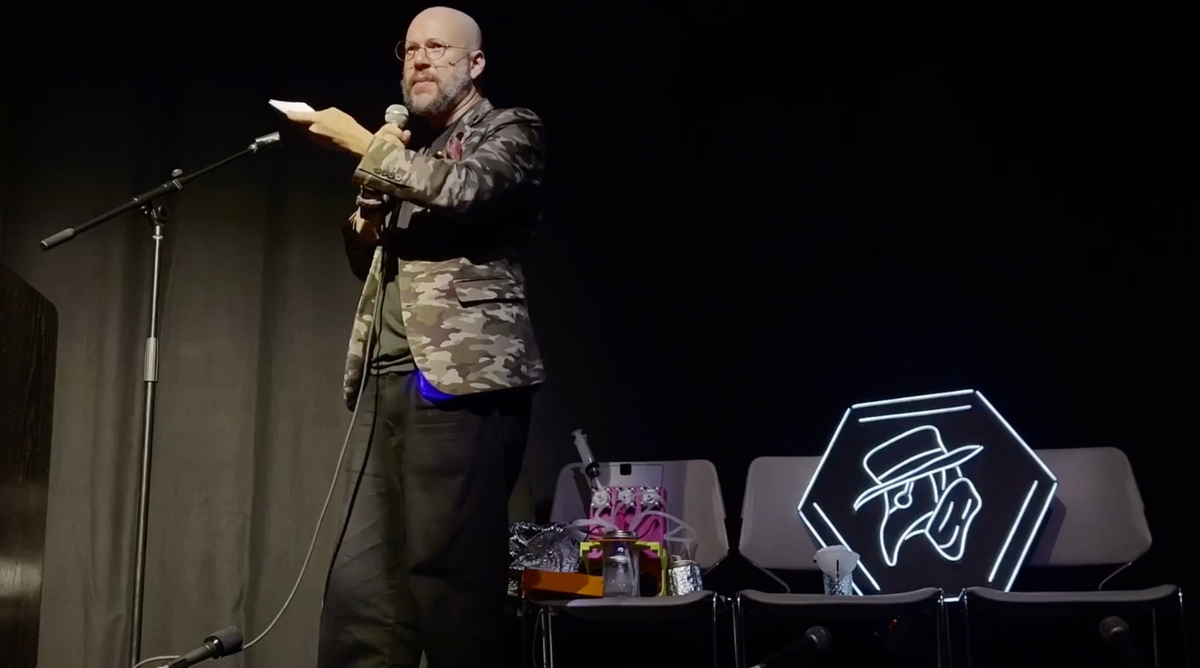

the company states that it may share user information to "comply with applicable law, legal process, or government requests.
Literally every company’s privacy policy here in the US basically just says that too.
Not only does DeepSeek collect “text or audio input, prompt, uploaded files, feedback, chat history, or other content that [the user] provide[s] to our model and Services,” but it also collects information from your device, including “device model, operating system, keystroke patterns or rhythms, IP address, and system language.”
Breaking news, company with chatbot you send messages to uses and stores the messages you send, and also does what practically every other app does for demographic statistics gathering and optimizations.
Companies with AI models like Google, Meta, and OpenAI collect similar troves of information, but their privacy policies do not mention collecting keystrokes. There’s also the added issue that DeepSeek sends your user data straight to Chinese servers.
They didn’t use the word keystrokes, therefore they don’t collect them? Of course they collect keystrokes, how else would you type anything into these apps?
In DeepSeek’s privacy policy, there’s no mention of the security of its servers. There’s nothing about whether data is encrypted, either stored or in transmission, and zero information about safeguards to prevent unauthorized access.
This is the only thing that seems disturbing to me, compared to what we’d like to expect based on the context of what DeepSeek is. Of course, this was proven recently in practice to be terrible policy, so I assume they might shore up their defenses a bit.
All the articles that talk about this as if it’s some big revelation just boil down to “company does exactly what every other big tech company does in America, except in China”








Yes, unless that service is the kind of thing you think you might pick up later.
For instance, you might use LinkedIn to find a job, but that can still be something you might need in the future, because it’s unlikely you’ll hold that one job forever, and intermittently posting during your existing job could actually help your future prospects.
By contrast, if you used a random site to create a fancier resume, yeah, that account can go straight in the digital wastebasket when you’re done with it. You can always make a new account if you need to make a new resume, and it probably won’t rely on your old account’s data to get that job done.